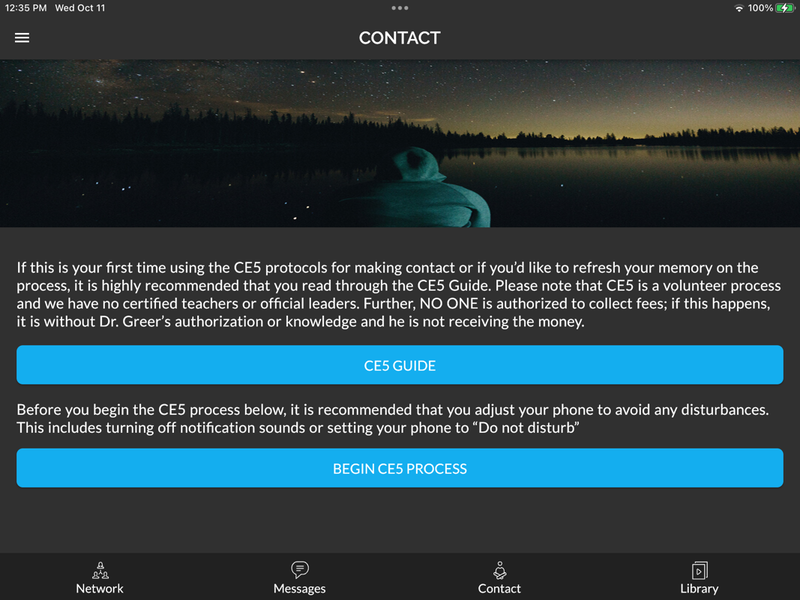|
While watching the world since the pandemic was announced, my process took me through conspiracy theories and the need to know, to a much more peaceful place. When faced with new information, now I pause, and ask myself:
If the need to know feels strong, an option is to follow the process of discernment outlined by the editor of the 'Stillness in the Storm' site (Justin Deschamps) who begins, "....Discernment requires honest truth-seeking. You have to want to know the truth, even if it means letting go of a belief you’ve had for a long time.... "If you find yourself leaning toward an answer but you don’t understand why it’s true, then you’ve missed out on what discernment should provide you, which is understanding. If you seek for understanding, instead of an answer, then a conclusion related to the question of 'is this true or false?' naturally presents itself.... The discipline of discernment which Justin presents is a marriage of reasoning and intuition. It requires focus on the subject, and work, and has an outcome. But, I ask myself, are discernment and truth-seeking really needed? Or, when I focus on the Christ within, the love for Love itself, will the truth and understanding arise in resonance? Justin refers to 'emotional resonance'. While respecting his view, I see beyond emotional resonance to what may be called 'authentic resonance'. There, the authentication of new information is not from emotion, but from the 'I Am that I Am,' the deep of consciousness. Rather than discipline and hard work, this may require devotion and dedication. Self-inquiry about motives (mine and the sources), etc., can still be asked, without going into the more stringent intellectual analysis. Limitations to Emotional Resonance by Justin Deschamps "....Emotional resonance can sometimes be justified as a replacement for the more intellectual process outlined above. But the problem with this is that you don’t have conscious knowledge of how and why the claim resonates — it either does or it doesn’t — e.g. the black box problem in psychology. Understanding requires more than just believing something blindly based on feeling. To be sure, emotional discernment is useful as a guide, but it doesn’t impart intrinsic understanding...." "Some of the most accomplished scientists and inventors of the modern age spoke highly of this combined process [of intuition with reasoning]. Nikola Tesla used his intuition and careful logical investigations to produce some of the most fantastic inventions and discoveries of the modern age. By using both, you can guide yourself into avenues of research and investigation while carefully assessing the fruit of such inquiry with the logical mind." - Justin Deschamps Earlier in my life, I was proud of my analytical mind, and my hunger for knowledge was insatiable. Now, there is more benefit and value in having a peaceful mind at rest in the field of being — and my appetite is for knowing the 'I Am that I Am'. Practical matters of the world tend to take care of themselves, and my intellect still functions when needed. I just have to be careful about separating facts from emotions, and getting not over-heated or too opinionated. It is still a work, but joyful, to assure the mind remains still, the heart open, and the spirit free to express the source of love. Is it 'realistic' to live on the trust of 'knowing what I need to know', in the moment? Can I let go of focus on the things of the world? Can I trust that understanding will also arise as needed? I am in the process of answering those questions, in the experience of daily life. The original art is by Sam Brown Art & Design - www.ceruleansam.com
0 Comments
Your comment will be posted after it is approved.
Leave a Reply. |
Archives
November 2023
|

 RSS Feed
RSS Feed
